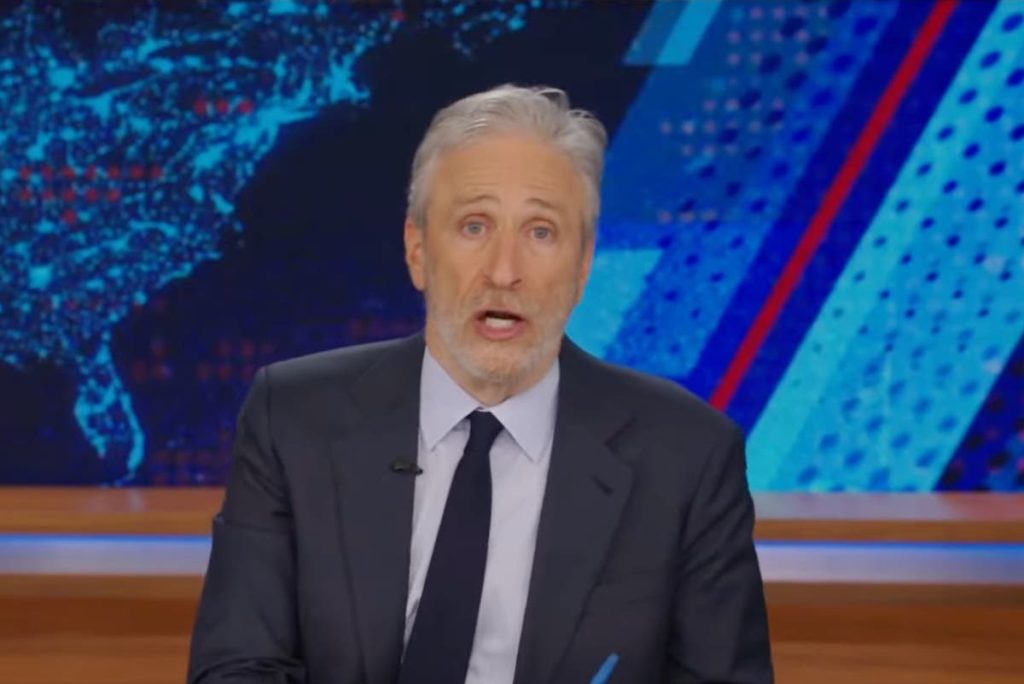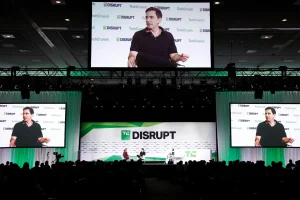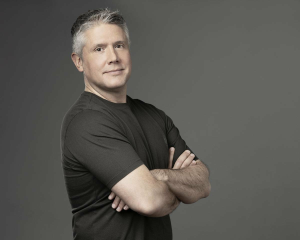Jon Stewart Criticizes Apple for AI Censorship on His Show

Jon Stewart has accused Apple of censoring discussions about Artificial Intelligence (AI) on his now-canceled Apple TV+ show, ‘The Problem With Jon Stewart.’ This accusation came to light during Stewart’s return to The Daily Show, where he voiced his grievances openly.
Stewart launched his show on Apple TV+ in 2021 after a long tenure on The Daily Show. However, the series was abruptly ended after two seasons. According to Stewart, one major reason was Apple’s consistent refusal to let him talk about critical issues such as AI and China, pushing him to confront these issues publicly upon his return to his former show.
Stewart’s Attempt to Discuss AI
Jon Stewart openly criticized Apple’s reluctance to allow discussions on Artificial Intelligence (AI) on his Apple TV+ show, ‘The Problem With Jon Stewart.’ Stewart revealed on Monday’s edition of The Daily Show that Apple repeatedly refused his requests to cover this pressing topic. This restriction played a significant role in the decision to end the series after just two seasons.
Stewart expressed his frustration, stating, “They wouldn’t let us do even that dumb thing we just did in the first act on AI. What is that sensitivity? Why are they so afraid to even have these conversations out in the public sphere?” It highlights the conflict between creative freedom and corporate control in media.
Clash Over Interview Guests
In addition to the AI discussion ban, Stewart also disclosed that Apple opposed him interviewing certain guests. One notable figure was Lina Khan, the Federal Trade Commission chair and a well-known critic of big-tech monopolies. According to Stewart, Apple explicitly requested him not to feature Khan on the show.
Stewart recalled a conversation where Apple allegedly said, “Please don’t talk to her.” This episode brings to light the influence tech giants exert over media narratives, especially concerning voices critical of their operations. It raises questions about the extent to which corporations can and should control content.
Khan herself responded to these revelations by pointing out the risks associated with concentrating too much power in a few companies. “I think it just shows the danger of what happens when you concentrate so much power and so much decision-making in a small number of companies,” she asserted.
Return to ‘The Daily Show’
After the conclusion of his Apple TV+ show, Stewart returned to The Daily Show, taking over from Trevor Noah. On his return, he did not shy away from addressing the controversies surrounding his previous show and continued to bring essential issues to the forefront.
In a 15-minute segment during his recent show, Stewart discussed various tech CEOs and their statements about AI. He critiqued comments from leaders like Airbnb’s Brian Chesky and Google’s Sundar Pichai, using humor to underscore the potential harms and absurdities in their perspectives.
Critique of Tech Executives
Stewart’s return segment included a series of sharp critiques aimed at tech executives. He mocked the remarks made by several CEOs, emphasizing their often tone-deaf and self-serving nature. For instance, he satirized Airbnb CEO Brian Chesky’s comment on productivity, referring to employees as ‘the people tax.’
He also took a jab at Google CEO Sundar Pichai’s statement that AI technology is “more profound than fire or electricity.” Stewart quipped, “Yeah, suck a dick, fire!” highlighting the exaggerated claims made by tech leaders.
E-commerce CEO Suumit Shah’s comments did not escape Stewart’s critique either. Shah had described AI as “brutal, if you think like a, uh, like a human,” to which Stewart wittily remarked, “‘AI: it’s brutal, if you think like, as a human’ – it’s not the catchiest ad slogan I’ve ever heard.”
These segments demonstrated Stewart’s skill in combining humor with critical analysis, offering viewers a unique perspective on significant issues.
AI’s Impact on Employment
Stewart also touched upon AI’s impact on employment during his show. He pointed out that while some promises claim AI will solve major issues like diseases and climate change, its more immediate effect is job displacement. His analysis brought attention to the real-world implications of AI development.
“So while we wait for this thing to cure diseases and solve climate change, it’s replacing us in the workforce – not in the future, but now,” Stewart commented. This statement underscores the urgency of addressing AI’s societal impacts beyond theoretical benefits.
The employment discussion is particularly relevant as more industries integrate AI technologies, potentially leading to widespread job losses. Stewart’s remarks serve as a reminder of the need for policymakers to consider the workforce in AI advancements.
Broader Implications of Corporate Influence
The controversy surrounding Stewart’s show and Apple’s alleged interference underscores broader issues of corporate influence over media and public discourse. When large corporations control content, it can stifle important conversations and limit public awareness of critical issues.
This incident with Apple serves as a case study on the power dynamics between creative professionals and their corporate backers. It raises essential questions about who gets to decide what topics are permissible for discussion and highlights the potential constraints on journalistic freedom.
Stewart’s situation is not unique but reflects a broader trend where media outlets face pressures from their financiers. This dynamic affects the type of content that is produced and shared with the public, potentially shaping public opinion in subtle yet significant ways.
Public Reaction and Future Prospects
The public reaction to Stewart’s revelations has been mixed, with some expressing outrage over Apple’s actions and others viewing it as a typical corporate practice. Regardless of the divided opinions, the incident has sparked a broader debate on media freedom and corporate censorship.
As Stewart continues his journey on The Daily Show, it remains to be seen how these revelations will influence his future content and the show’s direction. His willingness to confront these topics head-on suggests that he will continue to push boundaries and bring critical issues to light.
In conclusion, Jon Stewart’s clash with Apple reveals the complexities faced by creative professionals in navigating corporate influences. While Stewart sought to shed light on pressing issues like AI and monopolistic practices, his experiences underscore the difficulties of maintaining editorial independence under corporate sponsorship. As the debate over media freedom and corporate control continues, Stewart’s stance highlights the crucial need for open discourse in addressing pivotal societal challenges.
Stewart’s return to The Daily Show marks a new chapter where he continues to challenge powerful entities and bring critical issues to the forefront. His willingness to address these topics head-on suggests a future where controversial yet necessary conversations will not be stifled. This episode serves as a reminder of the importance of journalistic freedom and the ongoing struggle to keep public discourse free from undue corporate influence.





